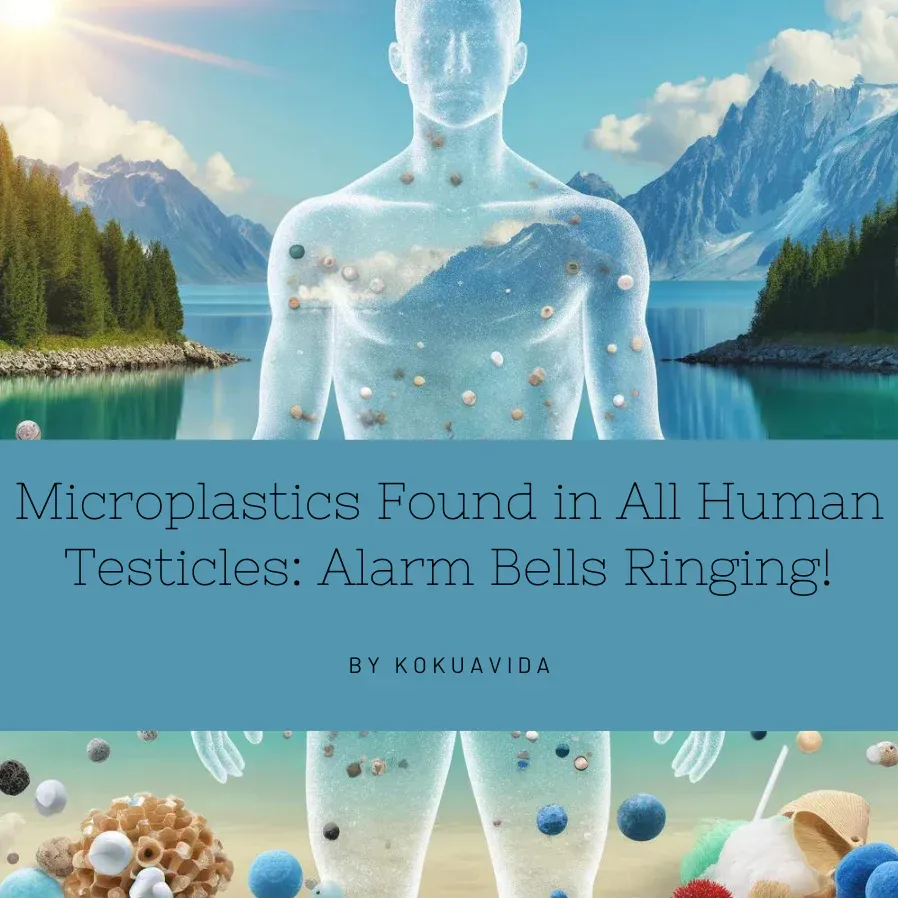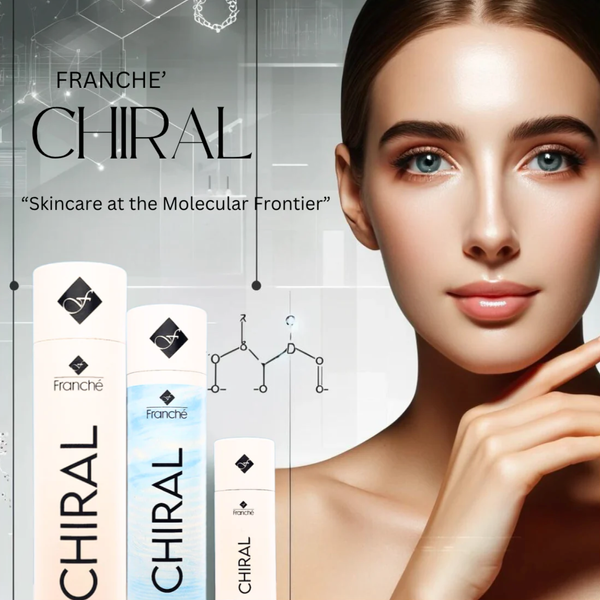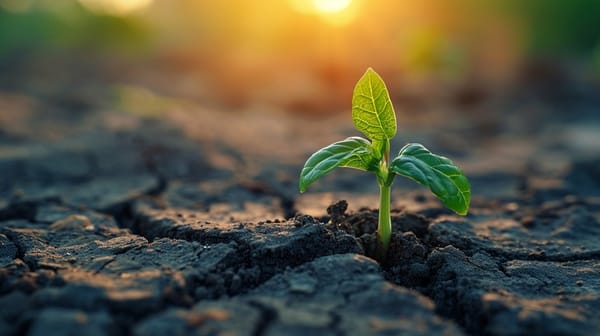Microplastics Found in All Human Testicles: Alarm Bells Ringing!

In recent years, the pervasive presence of microplastics in our environment has become a growing concern. From the depths of the oceans to the peaks of the mountains, these tiny plastic particles have infiltrated every corner of the Earth. A recent study has uncovered a startling finding: microplastics have been detected in 100% of human testicle samples tested. This alarming discovery raises significant questions about the impact of plastics on human health and underscores the urgent need to reduce our reliance on plastics.
Microplastics are tiny plastic particles, typically less than 5 millimeters in size, that originate from a variety of sources, including the breakdown of larger plastic debris, microbeads in personal care products, and synthetic fibers from clothing. These particles are small enough to be ingested or inhaled, leading to their accumulation in the human body.
The Study: Microplastics in Testicles
The recent study that detected microplastics in human testicles involved a thorough analysis of tissue samples from a diverse group of men. Researchers employed advanced imaging techniques and chemical analysis to identify and quantify the presence of microplastics. Shockingly, every sample contained microplastic particles, suggesting widespread contamination.
Health Implications
The presence of microplastics in testicular tissue raises several health concerns:
1. Reproductive Health: The testicles play a crucial role in male fertility, producing sperm and hormones essential for reproduction. Microplastics could potentially disrupt these functions, leading to reduced sperm quality and quantity, hormonal imbalances, and increased infertility rates.
2. Hormonal Disruption: Many plastics contain chemicals like bisphenol A (BPA) and phthalates, known for their endocrine-disrupting properties. These chemicals can interfere with the body's hormone systems, potentially leading to a range of health issues, including reproductive disorders, developmental problems, and metabolic diseases.
3. Inflammation and Cellular Damage: Microplastics can induce inflammatory responses and oxidative stress in tissues. Chronic inflammation and cellular damage in the testicles could contribute to long-term health problems, including cancer and other chronic diseases.
Reducing Plastic Exposure
Given the potential health risks, it is crucial to take steps to reduce our exposure to microplastics. Here are some actionable measures:
1. Reduce Plastic Use: Opt for reusable, biodegradable, and eco-friendly alternatives to plastic products. Avoid single-use plastics such as straws, cutlery, and bags.
2. Filter Your Water: Use water filters capable of removing microplastics to ensure your drinking water is free from contamination.
3. Choose Natural Fibers: Select clothing made from natural fibers like cotton, wool, and hemp instead of synthetic materials that shed microplastics during washing.
4. Support Legislation: Advocate for and support policies that aim to reduce plastic production, improve waste management, and promote the use of sustainable materials.
5. Educate and Raise Awareness: Spread awareness about the dangers of microplastics and the importance of reducing plastic use. Education can drive collective action towards a plastic-free future.
The Path Forward
The detection of microplastics in human testicles is a wake-up call that highlights the pervasive nature of plastic pollution and its potential impact on human health. By making conscious choices to reduce plastic use, supporting legislative efforts, and raising awareness, we can collectively work towards a healthier future. It is imperative that we take immediate action to address this environmental and health crisis, ensuring a safer, cleaner world for future generations.
In conclusion, the presence of microplastics in human testicles is indeed a cause for concern. It underscores the urgent need to shift away from plastic dependency and embrace sustainable alternatives. Let us act now to protect our health and preserve the environment for ourselves and future generations.
Nature is Calling: Answer for a Healthier You Hear the call of the wild and protect yourself from modern dangers. Reconnect with nature and discover a world of health and wellbeing. Make the change today!



